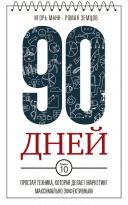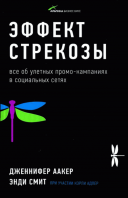Новые книги
Комментарии
| ||||||||||
|
|
КомментарииPHP поддерживает комментарии 'C', 'C++' и оболочки Unix. Например:
Комментарии "однострочных" стилей это комментарии, идущие до конца текущей строки или текущего блока PHP-кода, смотря что идёт вперёд.
Вы не должны вкладывать комментарии в стиле 'C' при комментировании больших блоков.
Комментарии "однострочных" стилей это комментарии, идущие до конца текущей строки или текущего блока PHP-кода, смотря что идёт вперёд. Это означает, что HTML-код после // ?> БУДЕТ напечатан: ?> выводит из режима PHP и возвращает в режим HTML, а // не может это делать. | |||||||||
| ||||||||||

